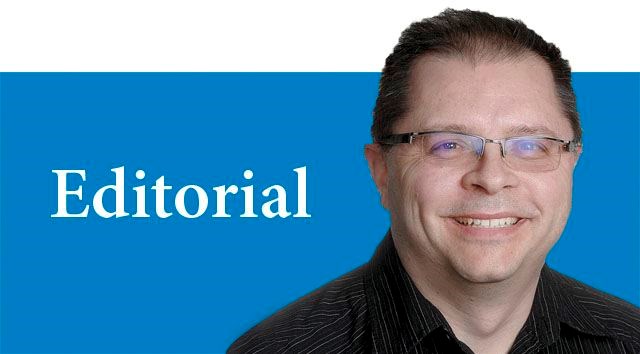Last Friday afternoon, Anna Gainey, the president of the Liberal Party of Canada, posted a link on Twitter to an article she had on party fundraising and how the Liberals were leading the nation in accountability to voters.
She drew the ire of Canadians, journalists and members of her own party by introducing her link with "the oped the @globeandmail refused to print."
The most common response was simply "buy an ad."
Others more angrily pointed out that if Gainey wanted to spread federal Liberal propaganda for free, why didn't she just take it to the CBC?
There's no doubt that the sense of entitlement from Gainey is breathtaking.
Being Liberal president does not come with a standing invitation to contribute a glorified letter to the editor, extolling her virtues and the awesomeness of the Justin Trudeau Liberals.
The political elite already have easy access to the news media to get their message out, so she's biting the hand that feeds with her petulant comment.
She would also have cried the blues if her equivalent with the Conservatives or the NDP had been offered that soapbox for nothing.
Sadly, Gainey's attitude towards newspapers is increasingly common, not only from the political elite but from a growing body of special interest groups that believe it is the obligation of newspapers to publish whatever they submit, whenever they send it in.
Not publishing it just opens up that newspaper to snippy social media complaints about bias or Trump-like jabs about how newspapers are dying anyway.
Which, of course, begs the question why these people want their views published in the newspaper so bad and then get upset when they're turned down?
These individuals and groups won't admit that social media only allows them to reach the people already devoted to them in the first place and willing to publicly declare their allegiance with likes and follows on Facebook and Twitter.
The newspaper broadens that audience while also delivering a hefty boost of credibility to their message.
That's why they want it so bad and that's why they get so huffy when they can't have it for free.
Paying for it, however, dictates how it is displayed.
Paid content in The Citizen and most newspapers is clearly labelled as advertising, both in print (where it is sometimes called advertorial) and online (where it is more commonly referred to as sponsored content).
An oped is an opinion piece submitted for publication to the editorial page, hence the nickname.
Opeds run longer than standard letters to the editor and are often given more prominent placement.
Newspapers, including the Citizen, invite individuals or groups with a special knowledge or background on a timely topic to contribute opeds.
This past August, for example, I offered this space to Mayor Lyn Hall and UNBC president Daniel Weeks to share their views with Citizen readers, which they did (as well as to other civic and public sector leaders, who did not take the opportunity).
More recently, I initially accepted an offer from the city to have the mayor discuss Talktober in this space but then rejected the submission when city communications staff informed me that the article was being sent to all of the local media outlets.
Exclusives are everything because they build audience.
More commonly, however, the newspaper is approached with an oped and the editor is asked to consider it for publication.
With plenty of options to choose from, I reject most of the submissions because of their lack of relevance to local readers. Bruce Strachan's opinion piece last week and again today were both submitted but Bruce is a former Citizen columnist and a former resident and MLA representing Prince George who spends plenty of time each year in the U.S. His perspective on the American election is of interest to Citizen readers in my professional opinion, regardless of whether I agree with them or not.
That is how the decision to publish or reject opeds are made, at least at this newspaper.
-- Managing editor Neil Godbout



